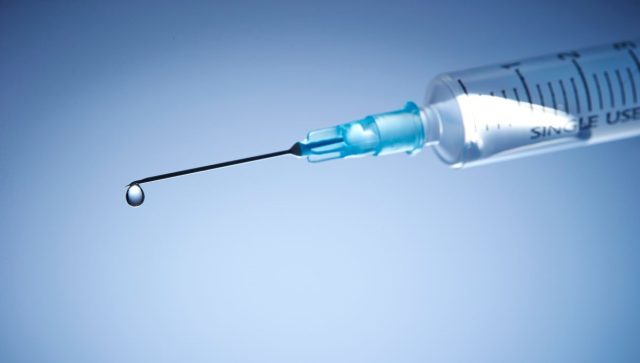HIV incidence with lenacapavir significantly lower than background HIV incidence, incidence with F/TDF
By Elana Gotkine HealthDay Reporter
FRIDAY, July 26, 2024 (HealthDay News) — For adolescent girls and young women, lenacapavir every 26 weeks is beneficial for preventing acquired HIV infection, according to a study published online July 24 in the New England Journal of Medicine to coincide with the 25th International AIDS Conference, held from July 22 to 26 in Munich.
Linda-Gail Bekker, M.B., Ch.B., Ph.D., from the Desmond Tutu HIV Centre at the University of Cape Town in South Africa, and colleagues conducted a phase 3 trial involving adolescent girls and young women who were randomly assigned to receive subcutaneous lenacapavir every 26 weeks, daily oral emtricitabine-tenofovir alafenamide (F/TAF), or daily oral emtricitabine-tenofovir disoproxil fumarate (F/TDF; active control) in a 2:2:1 ratio (2,134; 2,136; and 1,068 participants, respectively). The relative efficacy of lenacapavir and F/TAF was assessed by comparing the incidence of HIV infection versus the estimated background incidence in the screened population (8,094 participants); relative efficacy was compared with F/TDF.
The researchers observed 55 incident HIV infections among 5,338 participants who were initially HIV-negative (0.0, 2.02, and 1.69 infections per 100 person-years in the lenacapavir, F/TAF, and F/TDF groups, respectively). In the screened population, background HIV incidence was 2.41 per 100 person-years. HIV incidence with lenacapavir was significantly lower than background HIV incidence and than HIV incidence with F/TDF (incidence rate ratio for both, 0.00). No significant difference was observed for HIV incidence with F/TAF and background HIV incidence, and no meaningful difference was seen for HIV incidence between F/TAF and F/TDF.
“Twice-yearly lenacapavir offers a highly efficacious and discreet choice to potentially improve preexposure prophylaxis use among women,” the authors write.
Several authors disclosed ties to pharmaceutical companies, including Gilead Sciences, which manufactures lenacapavir and funded the study.
Editorial (subscription or payment may be required)
Copyright © 2024 HealthDay. All rights reserved.



















